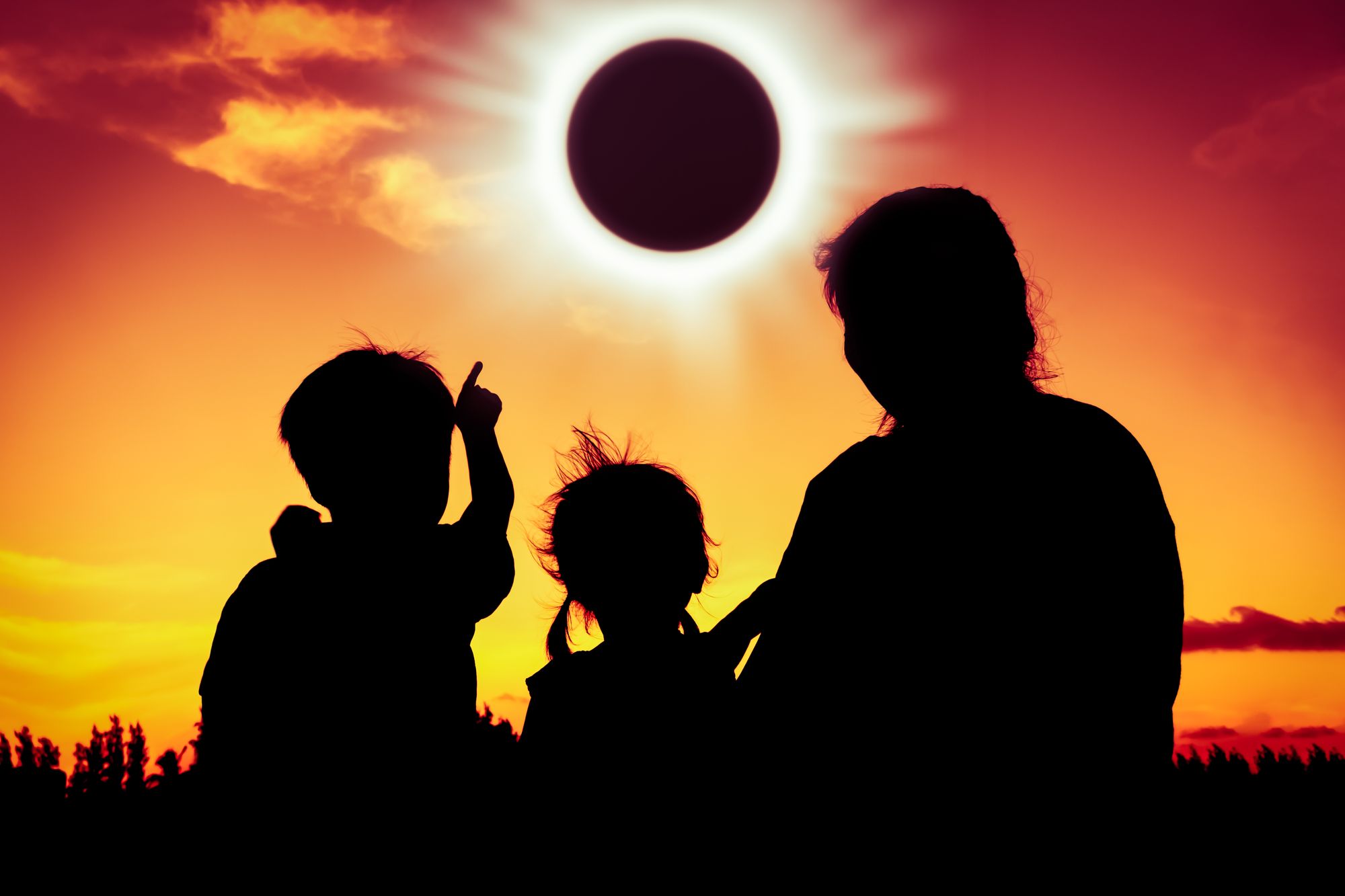It's no surprise that the coronavirus starts with "corona" – the rarefied gaseous envelope of the sun and other stars, often seen as a pearly glow surrounding the darkened disk of the moon.
The decade is just beginning, and nobody would wish a pandemic on us, and yet I keep thinking of that glow around the moon and wonder if behind the scenes something bigger than the coronavirus is marching toward us.
We are entering the Age of the Emotional Brain, a time when the overwhelming chaos, shrinking resources, gaslighting, and gridlock cause so much brain stress, that we have outstripped the thinking brain's capacity to cope.
Our hunter-gatherer brain gently downshifts to putting the emotional brain in charge. This brain's stress-reactive circuits not only trigger so much stress that the prefrontal cortex, our only hope for personal control, goes offline, exacerbating a dysfunctional central nervous system, weakening the immune system, causing emotional numbness or over-reactions, and turning sensible behavioral measures to extremes.
There must be something perfect here, hidden in all this panic, and I think that it is an awakening of our need to stop relying on our thinking brain to solve our problems. In the Age of the Emotional Brain, when emotional processing is what can save us, we reset ourselves to process extreme emotions. By doing so, the thinking brain comes back online faster – in less than 5 minutes, rather than 30 minutes for exercise or 30 minutes to 3 hours for cognitive methods.
That switch to make emotional processing our source of inner security and power is needed now. There are 5 levels of stress and 5 emotional processing tools, and each of them processes stress back to a state of a glow, much like that halo on the moon, and with a surge of endorphins. You can learn it through the Brain Based Health by EBT app at ebt.org.
In The Age of the Emotional Brain, emotional processing which puts the thinking brain back online, comes before decision-making and taking action. Emotional processing first, then thinking, deciding, and acting after. However, as the emotional brain is the social brain, we'll connect emotionally with others. Public events have been canceled. Perhaps that gives us more time to cuddle up with others, pet the dog, play old-fashioned board games, or set aside our devices and look deeply into one another's eyes.
Let's process our fears back to sensible connection, where we find that love abounds and the dark side of life – though real, gritty, and daunting – fades, and we have light.

